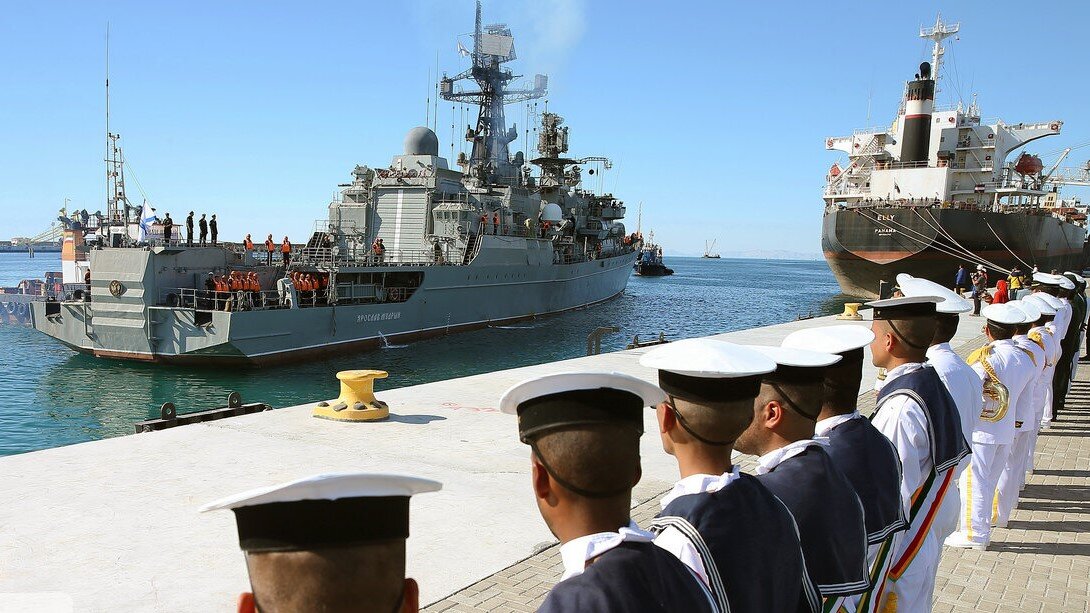Mohammad Javad Ghahramani – international issues expert
Although this military maneuver was held in Iran’s peripheral region, its repetition in the past few years shows that Russia and China have also defined particular interests for themselves.
Regarding the Islamic Republic of Iran’s approach, it should not be ignored that Tehran wants to improve relations with China and Russia in various dimensions, including military and security.
This issue is affected by the direction of the country’s foreign policy and the pressure exerted by the United States. Tehran seeks to send signals to America and, of course, some regional activists that, contrary to their wishes, it is not isolated, but activism plays a role.
Although the recent military exercise was held in a geographical area far away from China’s territory, Beijing, by participating in it, wants to convey to America that when it can exercise power in distant areas and cooperate with its partners, it can use this capacity to activate its surroundings.
Also, China’s increased presence in this geographical area allows for the monitoring of other rival actors’ activities, especially India. Of course, regarding China’s goals, it should also be mentioned that the expansion of China’s ties with the region makes its stability and security an important matter for this country. This is where issues like maritime security, etc., become meaningful.
Concerning Russia, although the history of the maritime belt maneuver dates back to before the military attack against Ukraine in February 2022, the development of tensions with the West has made Moscow more serious about playing a role in other regions, including the Middle East. From Moscow’s point of view, cooperation with China and Iran, both of which have challenges with the West, can bring them into a coalition against the West. For Moscow, this issue will also mean reducing the focus of America from its traditional sphere of influence.
However, several points should be considered regarding the results of this exercise: The first issue is that the military exercise testifies to the countries’ will to strengthen coordination in security and military matters.
The second issue is that cooperation between China and Russia in the region is not only limited to Iran. These two countries are highly motivated to cooperate with other regional actors who are also considered partners of the United States.
In the end, although military coordination is an issue that is in line with the interests of all three countries, Tehran’s art to gain more profit will be in its ability to use Beijing and Moscow’s efforts and needs to promote activism in the region to secure its other interests.










0 Comments